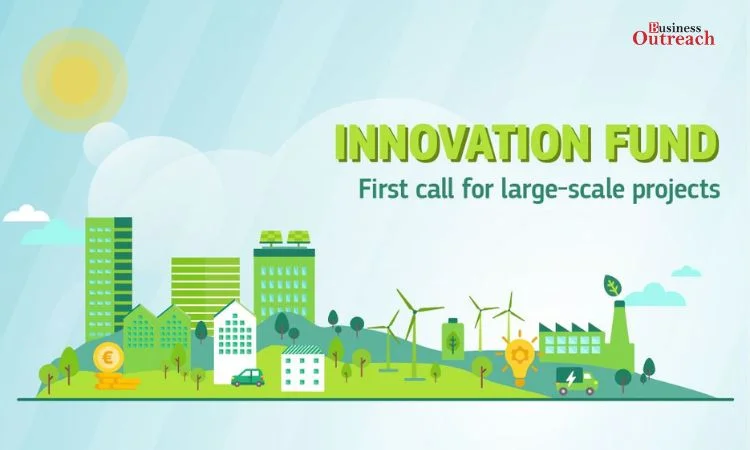Close to 38 percent of the funds disbursed by the European Union to the Netherlands in the year 2022 was spent on research and innovation. Nearly €1.1 billion was spent on R&I of the total funding of €2.9 billion from the European Union, where HEIs received an important portion. This allocation, in essence, underlines strategic policy priority on canvas to create innovation and academic excellence in the Netherlands-to reflect wider commitment by this country to be competitive on the global research landscape canvas.

PC: EU Climate Action
The large investment reflects in R&I an absolute signs of commitment by the country in the area of scientific progress and technological development. The money has been used for sponsoring various activities linked to enhancing research capacity, promoting innovation. What definitely underlines the role of academia in the national innovation system is the strategic attention the higher education institutions get as designated recipients of these funds. Such a line, therefore, will strengthen the research undertaken in universities and other institutes of learning to enable the Netherlands to boast an environment for cutting-edge discoveries and advancements.
Part of the attractivity of R&I funding has to do with a broader strategy of correlating European Union priorities with a view to effortlessly mobilize EU resources in support of national development. allocating €1.1 billion towards research initiatives indicates how far the Netherlands has gone in terms of effectively exploiting EU funds to strengthen the nation’s research infrastructure. This will pay off in the long run by providing new technologies, high skilled job opportunities, as well as greater national competitiveness in the global marketplace.
The R&I funds are also geared at fostering linkages between higher education and industry-that is, toward an innovation economy. Through such collaboration, the research output may get commercialised through a systematic approach whereby the scientific discoveries get transformed into workable solutions for society. EU funds thus put in for the R&I sector make the Netherlands a significant stakeholder in the European environment of research for accomplishing a common goal whereby innovative ideas get successfully translated into products to conquer global challenges by acting together that is, as one.
The substantial allocation of EU funds to R&I is, therefore, an indication of that commitment by the Netherlands to the sustenance and growth of its research, which has also aligned with national agenda items and European Union ideals as a whole in projecting the research and innovation agenda as key drivers for economic growth and social advancement. In the Netherlands, R&I receives the highest priority with an investment in the future so that the country can continue to stay at the cutting edge of scientific as well as technological progress in the years ahead.
Clearly, in making bold decisions to spend EU funds on research and innovation-based projects, the Netherlands has clearly outlined a sustained commitment to developing a vibrant academic and scientific environment. The above investment of €1.1 billion by this country in R&I activities makes the higher education institutions very clear as a potential catalyst for innovation develop, and as highly relevant to the research agenda of this country. These targeted investments will give excellent dividends in the long run and consolidate the position which this country is enjoying in study and innovation as a world leader.















